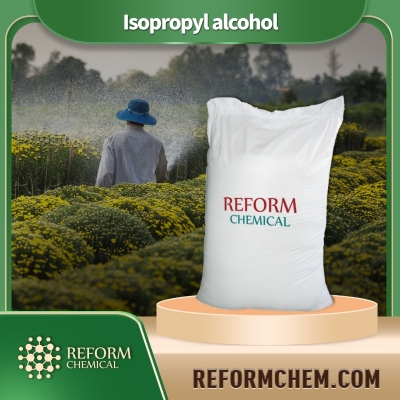-
Categories
-
Pharmaceutical Intermediates
-
Active Pharmaceutical Ingredients
-
Food Additives
- Industrial Coatings
- Agrochemicals
- Dyes and Pigments
- Surfactant
- Flavors and Fragrances
- Chemical Reagents
- Catalyst and Auxiliary
- Natural Products
- Inorganic Chemistry
-
Organic Chemistry
-
Biochemical Engineering
- Analytical Chemistry
-
Cosmetic Ingredient
- Water Treatment Chemical
-
Pharmaceutical Intermediates
Promotion
ECHEMI Mall
Wholesale
Weekly Price
Exhibition
News
-
Trade Service
Emu oil is a highly sought-after natural oil that is extracted from the fatty tissues of emu, a large, flightless bird native to Australia.
It has a wide range of industrial and commercial applications, including as a lubricant, in cosmetics, and in the food industry.
In recent years, there has been a growing demand for emu oil in the chemical industry, where it is used as a raw material in the production of various synthetic compounds.
There are several synthetic routes that can be used to produce emu oil.
The most common method involves the esterification of fatty acids with an alcohol, such as ethanol or propanol.
This reaction is typically carried out in the presence of a catalyst, such as sulfuric acid, and results in the formation of an ester, which is then purified and distilled to yield emu oil.
Another synthetic route to emu oil is through the hydrogenation of fatty acids.
This process involves the addition of hydrogen atoms to the fatty acids, which results in the formation of a saturated oil that is similar in properties to traditional mineral oils.
This synthetic emu oil is often used in applications where a higher viscosity and a lower pour point are required.
In recent years, there has been a growing interest in the use of biotechnology to produce emu oil.
This method involves the use of genetically modified microorganisms, such as yeast or bacteria, to produce the oil.
This approach is becoming increasingly popular due to its ability to produce emu oil in large quantities at a lower cost than traditional methods.
The use of emu oil in the chemical industry has a number of advantages.
One of its main benefits is its low toxicity, as it is a natural and non-toxic product.
It also has a high flash point, which makes it safe to handle and store, and it is also biodegradable, making it an environmentally friendly option.
Emu oil is also an excellent solvent for many chemicals, and it is used in the extraction of dyes, paints, and other chemical products.
It is also a good emulsifier, which allows it to be used in the production of water-in-oil emulsions, which are widely used in the cosmetics industry.
Emu oil is also used in the production of soaps, because it is a good foaming agent, it helps to create a rich, creamy lather, which makes it ideal for use in handmade soaps.
It also helps to moisturize the skin and can help to reduce the appearance of fine lines and wrinkles.
In conclusion, Emu oil is a versatile and valuable raw material in the chemical industry, with a wide range of industrial and commercial applications.
It is a natural and non-toxic product, with a high flash point, and it is biodegradable.
Its chemical properties make it an excellent solvent and emulsifier, and it is used in the production of various synthetic compounds, soaps, and cosmetics.
The use of biotechnology to produce emu oil is becoming increasingly popular due to its ability to produce emu oil in large quantities at a lower cost than traditional methods.







